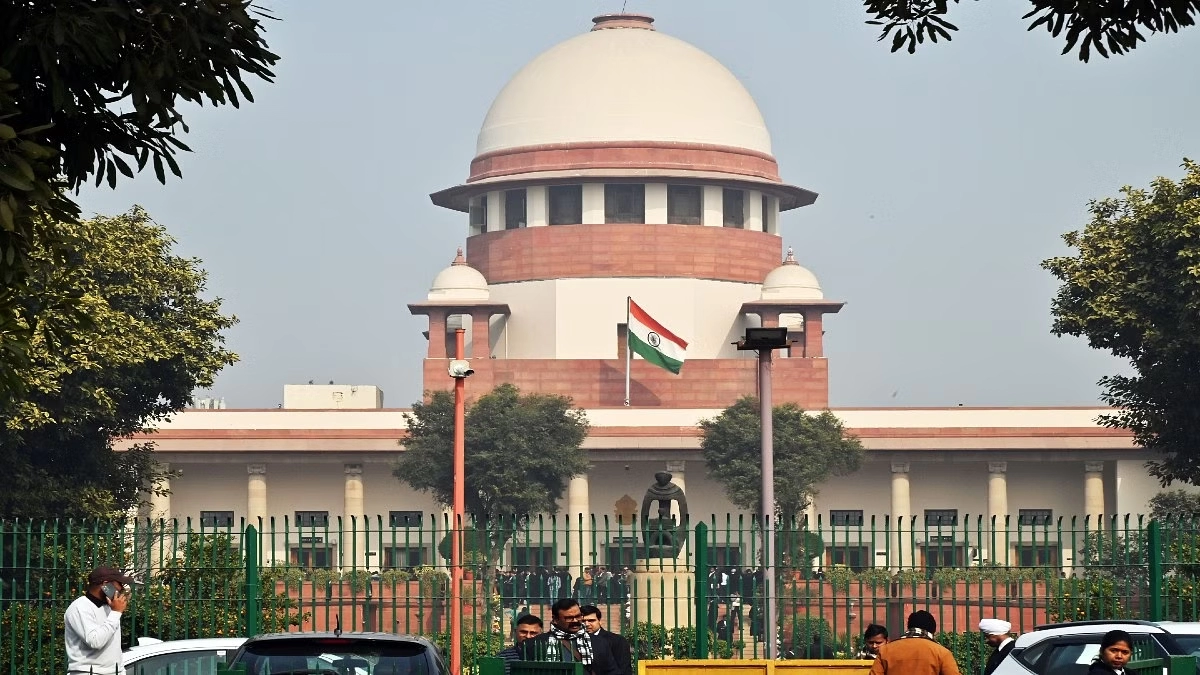ANOKHILAL v. STATE OF MADHYA PRADESH
AIR 2020 SC 232
Court: Supreme Court of India
Bench: J. Uday Umesh Lalit, J. Indu Malhotra and J. Krishna Murari
Date: 10th December, 2019
Parties:
Petitioner: Anokhilal
Respondent: State of Madhya Pradesh
INTRODUCTION
The case is based on the concept of Amicus Curiae or appointment of Legal Counsel through the Legal Aid Service Authority. In this case the Supreme Court of India came up with new norms which should be considered by all trial courts and High courts before appointing a Learned Advocate as amicus curie.
The present case revolves around the charges of kidnapping, rape and murder of the victim who was nine-year-old. The accused was a neighbor of the victim and was alleged of taking unethical benefit of faith and trust of the victim family. The Trial Court followed fast forward trial and gave its judgment in less than a month.
Consequently, an appeal was filed in Supreme Court by amicus curiae stating that the trial Court passed its judgment in the case and sentenced the accused for death in a hasty manner. The whole trial was conducted expeditiously without giving the appointed Learned counsel enough time and opportunity to study the case, to interact with the accused or to examine the evidence thereby defying the principles of natural justice.
FACTS
- A missing report was lodged on 30.01.2013 by one Ramlal that his daughter aged nine years was missing since 6 p.m. and that the appellant, who is victim’s neighbor had sent the victim to get bidi (cheap cigarette) from kirana shop (small shop) but the victim never returned back.
- On 30.01.2013 FIR was registered for offences under Section 363, 366 of IPC against appellant.
- The body of the victim was found in an open field on 01.02.2013 i.e two days after her missing report was field.
- On 04.02.2013 the appellant was arrested and on 13.02.2013 a charge sheet was filed in the concerned court. On 18.02.2013 a learned advocate was appointed by the legal Aid Services Authority to represent appellant on 19.02.2013. The appointed learned Advocate didn’t appear and on the same day another advocate was appointed through Legal Aid Services to represent the appellant. And, on the same day charges were framed against the appellant for offences punishable under Section 302, 363, 366, 376(2)(f) and 377 of IPC and under Section 4,5 and 6 of Protection of Children from Sexual Offences Act, 2012.
- All thirteen witnesses were examined within seven days i.e by 26.02.2013.
- DNA report and FSL report were placed on record as evidence. The accused was examined under Section 313 of Cr.P.C.
- The Trial Court in its judgement dated 04.03.2013 held accused liable under Section 363, 366, 376(2)(f), 377 and 302 of IPC and Section 6 of Protection of Children from Sexual Offence Act, 2012. Accused was sentenced life time imprisonment, fine under various sections and the accused was awarded ‘death sentence’ under section 302 0f IPC. It was also directed that the above death sentence be not executed unless it is confirmed by the Hon’ble High Court. The Trial Court followed fast track case as the case was disposed of within a month and trial was complete within twelve working days.
- The High Court affirmed the view taken by the Trial Court and upheld the death sentence and other sentence imposed by the trial court.
ISSUES
- Whether the trial court gave the appointed legal Counsel sufficient time to prepare the matter representing the accused.
- Whether the approach adopted by the Trial Court in the matter could be accepted or there was any infraction or error on part of Trial Court.
- Whether appellant was extended to real and meaningful assistance or not while granting free legal aid.
JUDGMENT
- The Supreme Court observed that the way the trial was conducted, there was no fairness at all and the interest of the appellant accused was put to prejudice on more than one count. On the same day charges were framed when the learned Amicus Curiae came to be appointed, which effectively means the counsel did not have sufficient opportunity to study the matter nor had any opportunity to interact with the accused to seek necessary information.
- The Supreme Court held that criminal matters undoubtedly require expeditious disposal and naturally that would be part of fair trial. The Court laid down certain norms i.e, (a) In all cases where there is a possibility of life sentence or death sentence, the learned advocate must have 10 years practice at Bar to be represented as Legal service to an accused. (b) in all matters concerning confirmation of the death sentence by the High Court, Senior Advocate must first consider to be appointed as Amicus Curiae. (c) Reasonable time may be provided to any learned counsel to prepare the matter whenever appointed by Amicus Curiae. A minimum of seven days may normally be considered to be appropriate and adequate. (d) Any learned Counsel appointed as Amicus Curiae or through Legal service on behalf of the accused must normally be granted to have discussion and interaction with the accused as it would result helpful to know the case better.
- The Court set aside the death sentence and directed de novo consideration of the case.
CONCLUSION
In this case the core issue was that hearing of the case in fast-track mode should not result in burial of justice. The Supreme Court of India highlighted the importance of the principle of criminal and natural justice. The court said the attempts to expedite the process should not be at the expense of fairness and the opportunity of being accused of being heard. For expeditious disposal, the cause of justice must never be allowed to suffer or sacrifice.


Add a Comment